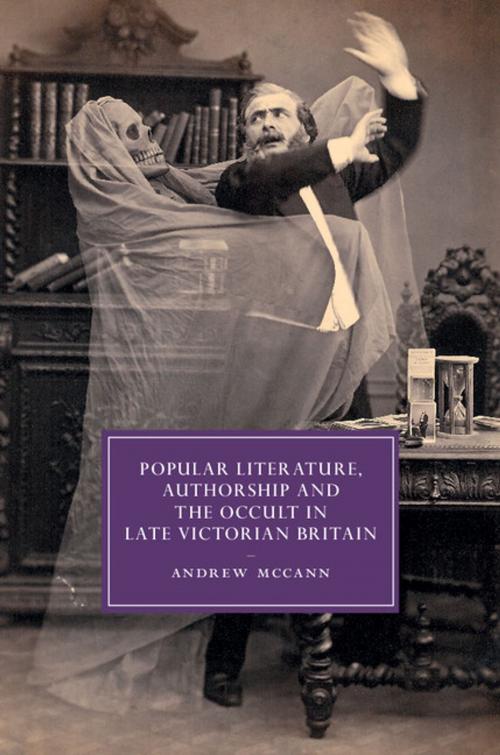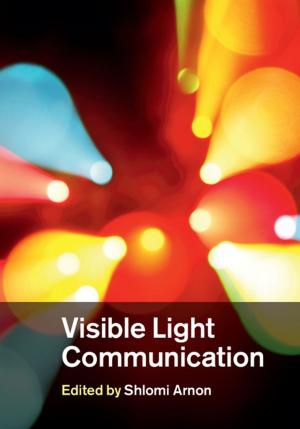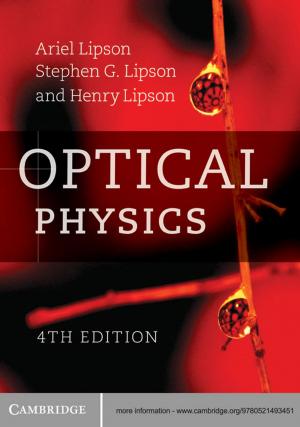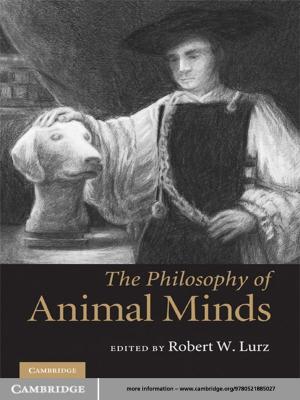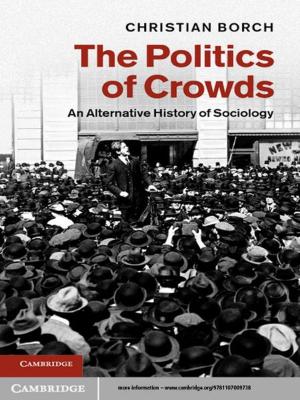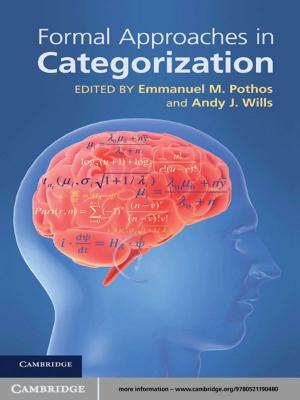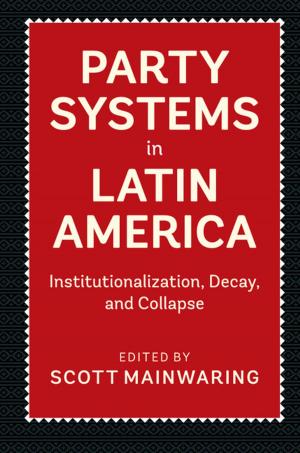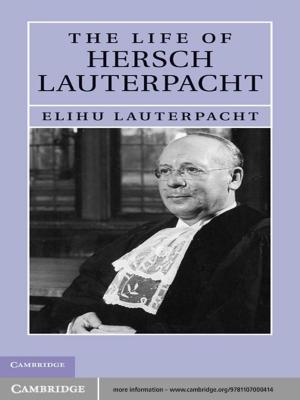Popular Literature, Authorship and the Occult in Late Victorian Britain
Fiction & Literature, Literary Theory & Criticism, British, Nonfiction, Religion & Spirituality| Author: | Andrew McCann | ISBN: | 9781316054635 |
| Publisher: | Cambridge University Press | Publication: | July 17, 2014 |
| Imprint: | Cambridge University Press | Language: | English |
| Author: | Andrew McCann |
| ISBN: | 9781316054635 |
| Publisher: | Cambridge University Press |
| Publication: | July 17, 2014 |
| Imprint: | Cambridge University Press |
| Language: | English |
With the increasing commercialization of publishing at the end of the nineteenth century, the polarization of serious literature and popular fiction became a commonplace of literary criticism. Andrew McCann cautions against this opposition by arguing that popular fiction's engagement with heterodox conceptions of authorship and creativity complicates its status as mere distraction or entertainment. Popular writers such as George Du Maurier, Marie Corelli, Rosa Praed and Arthur Machen drew upon a contemporary fascination with occult practices to construct texts that had an intensely ambiguous relationship to the proprietary notions of authorship that were so central to commercial publishing. Through trance-induced or automatic writing, dream states, dual personality and the retrieval of past lives channeled through mediums, they imagined forms of authorship that reinvested popular texts with claims to aesthetic and political value that cut against the homogenizing pressures of an emerging culture industry.
With the increasing commercialization of publishing at the end of the nineteenth century, the polarization of serious literature and popular fiction became a commonplace of literary criticism. Andrew McCann cautions against this opposition by arguing that popular fiction's engagement with heterodox conceptions of authorship and creativity complicates its status as mere distraction or entertainment. Popular writers such as George Du Maurier, Marie Corelli, Rosa Praed and Arthur Machen drew upon a contemporary fascination with occult practices to construct texts that had an intensely ambiguous relationship to the proprietary notions of authorship that were so central to commercial publishing. Through trance-induced or automatic writing, dream states, dual personality and the retrieval of past lives channeled through mediums, they imagined forms of authorship that reinvested popular texts with claims to aesthetic and political value that cut against the homogenizing pressures of an emerging culture industry.
